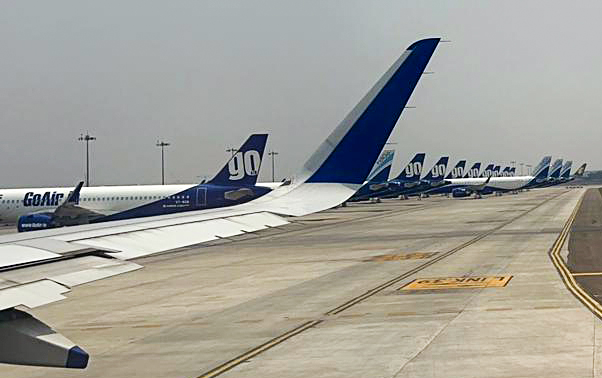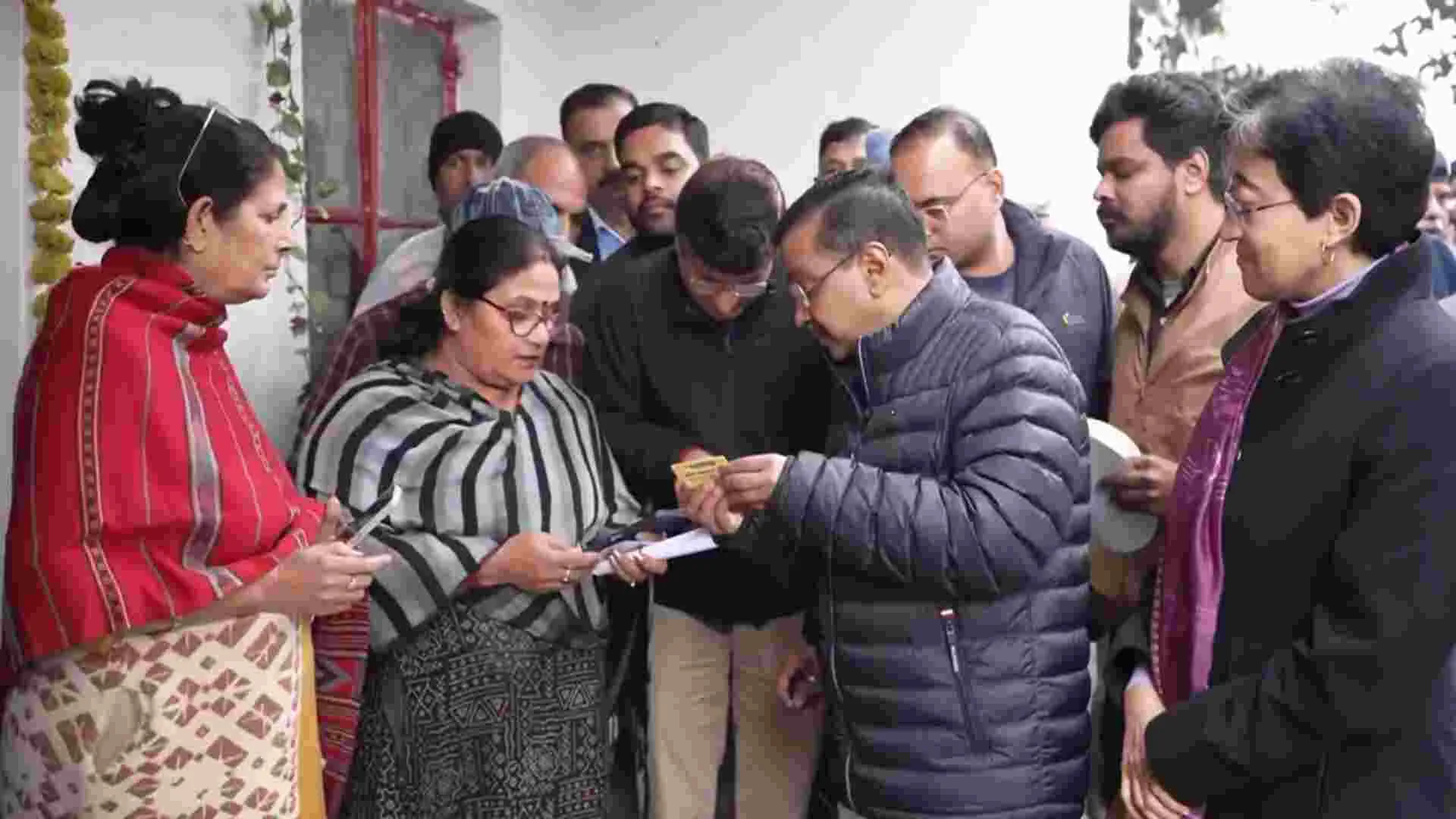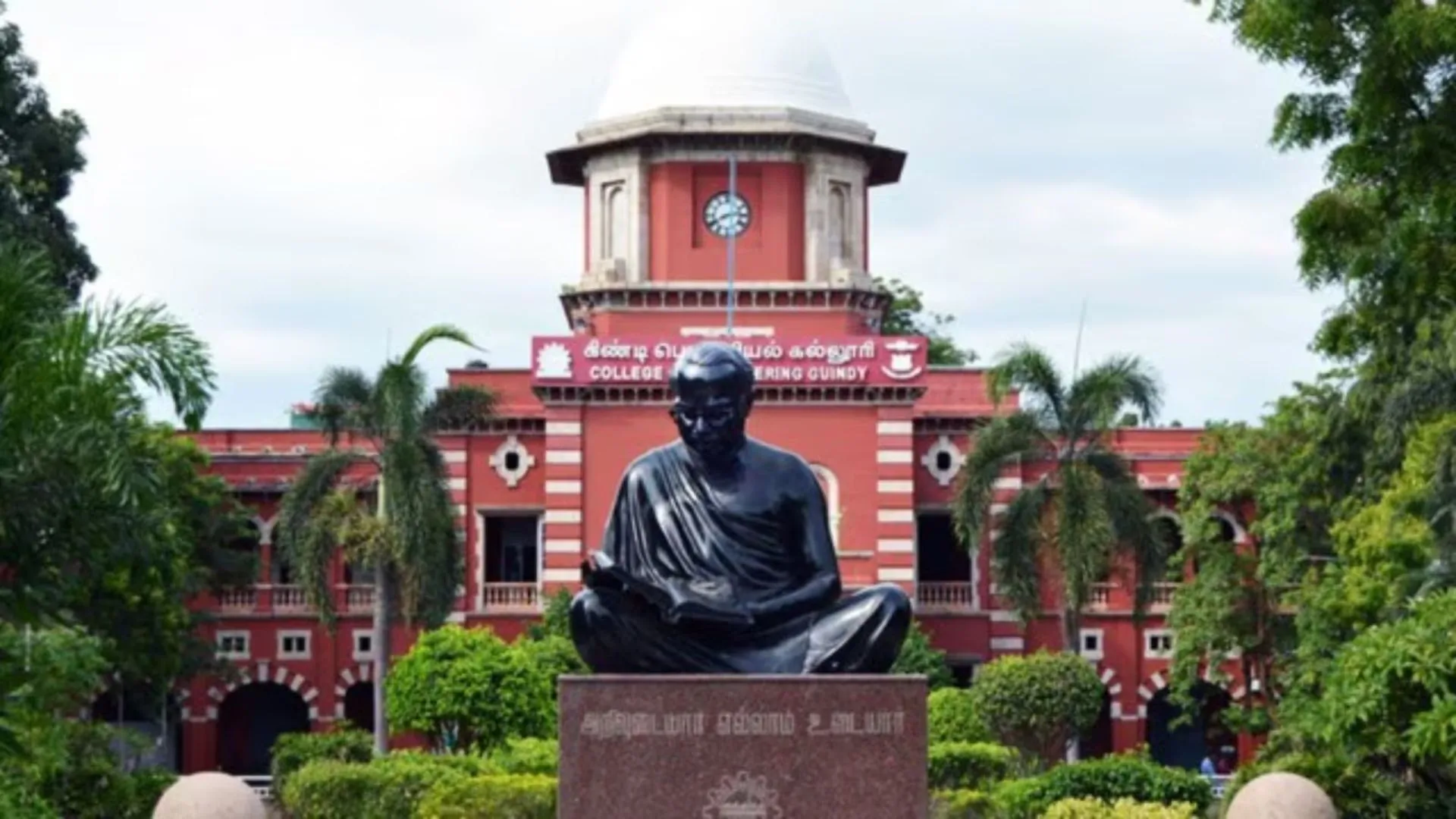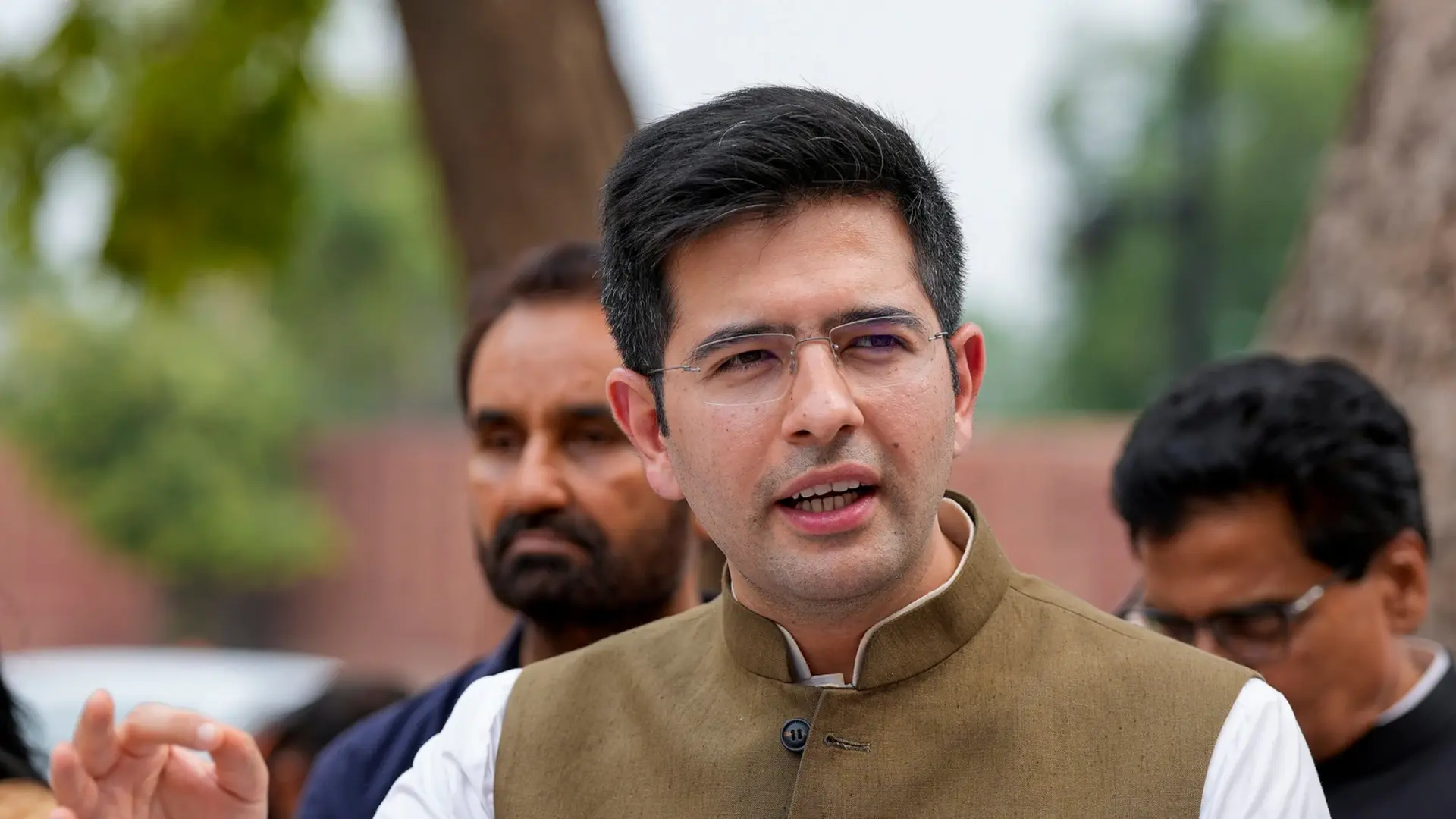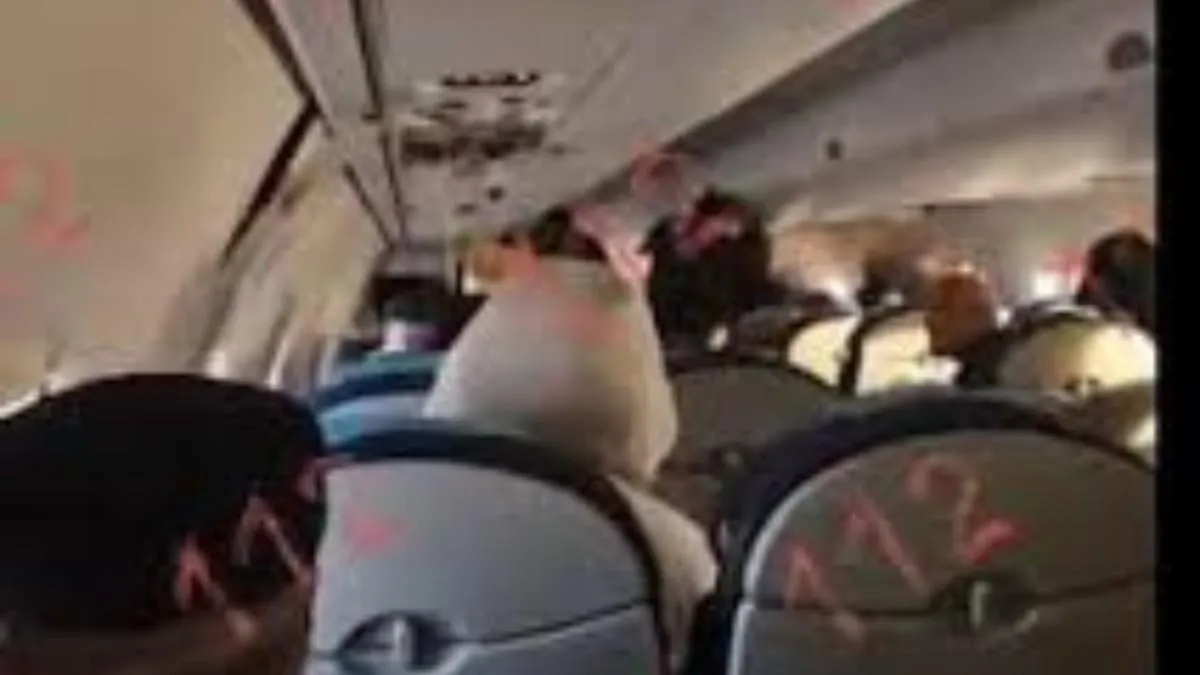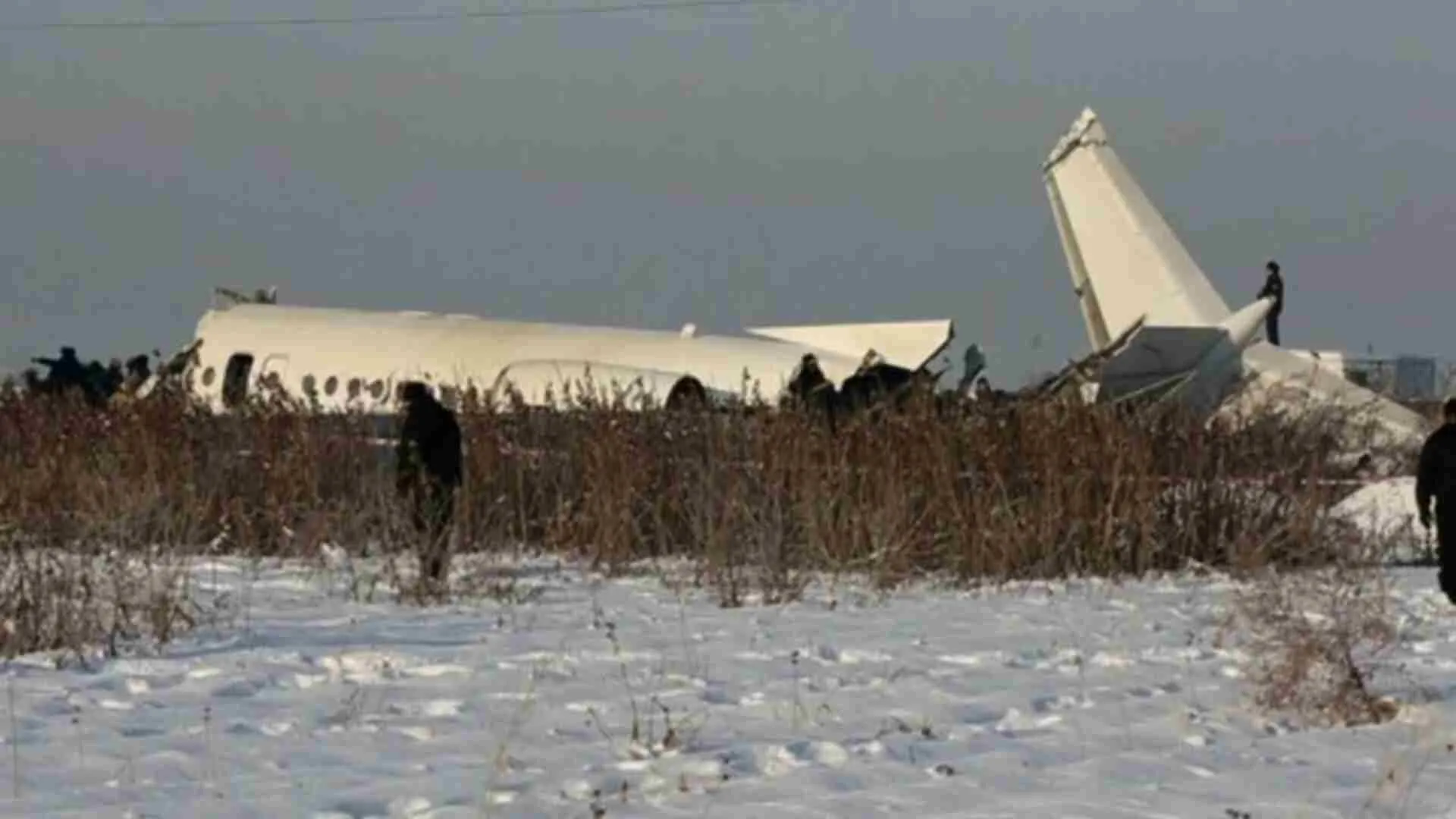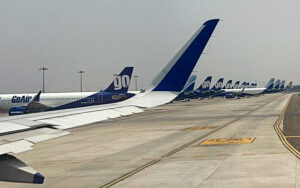Delhi’s Indira Gandhi International Airport (IGIA) faced a significant challenge recently when heavy rains led to a partial collapse of the canopy at Terminal 1 (T1), resulting in tragic consequences. The incident, which occurred on June 28, claimed one life and left several others injured. As a response, operations at T1 were swiftly suspended, and all flights were rerouted to Terminal 2 (T2) and Terminal 3 (T3) to maintain continuity.
According to reports, the collapse at T1’s old departure forecourt was primarily attributed to the exceptionally heavy rainfall, with Delhi Safdarjung recording 228.1 mm of rain in 24 hours—the highest in June in 85 years, as noted by the Indian Meteorological Department. This extreme weather event underscored vulnerabilities in the infrastructure’s ability to withstand such conditions.
In response to the incident, the civil aviation ministry promptly initiated a comprehensive technical study, assigning structural engineers from IIT Delhi to assess the damage and determine the structural integrity of Terminal 1. This study, expected to span approximately a month, aims to provide crucial insights into the extent of the damage and recommend necessary remedial measures.
DIAL, the consortium operating IGIA, emphasized its commitment to passenger safety and operational continuity. While T1 remains temporarily closed pending the study’s findings, DIAL’s cross-functional teams are actively collaborating with stakeholders to ensure minimal disruption to flight schedules and passenger convenience.
The Directorate General of Civil Aviation (DGCA) and a technical committee established by DIAL will further investigate the incident to ascertain the root causes and identify areas for improvement in safety protocols across the airport. The Airports Authority of India (AAI) has also been directed to conduct thorough structural inspections at all airports to mitigate similar risks in the future.
Looking ahead, the incident serves as a stark reminder of the imperative for robust infrastructure planning and emergency preparedness, particularly in the face of increasingly unpredictable weather patterns. As authorities await the outcome of the technical study, the priority remains on implementing enhanced safety measures and formulating long-term policies to prevent the recurrence of such unfortunate incidents.
While the temporary closure of Terminal 1 has necessitated operational adjustments, stakeholders are united in their efforts to ensure that Delhi Airport continues to uphold its reputation for safety, efficiency, and passenger comfort.

